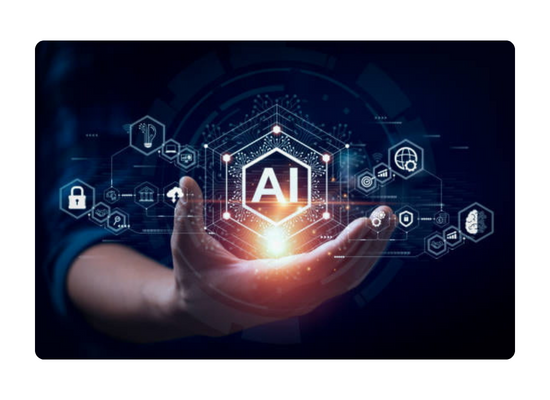As technology continues to redefine our daily lives, universities and colleges must seize the transformative potential of Artificial Intelligence (AI) to reimagine the educational journey. AI presents a wealth of opportunities, from tailoring education to individual needs to streamlining administrative tasks. Join us as we explore the boundless ways in which AI is reshaping the landscape of education.

Personalized Learning:
AI has the potential to tailor education to the individual needs of students like never before. By analyzing vast amounts of data, AI algorithms can identify patterns in student learning styles, strengths, and weaknesses. This enables educators to provide personalized recommendations, adaptive learning paths, and targeted interventions to maximize student success. As stated by the Association of American Universities (AAU), personalized learning has been shown to increase student engagement and achievement.
Learn more about actionable insights to improve student engagement.
Enhanced Student Support:
With AI-powered chatbots and virtual assistants, institutions can offer round-the-clock support to students. These bots can answer questions, provide guidance on course selection, offer study tips, and even assist with mental health resources. According to a study by EdTech Magazine, 89% of students believe that AI-powered support services would help them succeed academically.
Read how to track student wellbeing and automate early interventions.
Administrative Efficiency:
AI streamlines administrative tasks, saving time and resources for staff and faculty. Machine learning algorithms can optimize scheduling, automate grading, and streamline admissions processes. This not only improves efficiency but also allows staff to focus on more meaningful tasks that require human ingenuity. According to Forbes, AI can reduce administrative workloads and costs by up to 25%.

Predictive Analytics:
By analyzing historical data, AI can forecast trends and identify at-risk students who may need additional support. Early intervention can prevent dropouts and improve retention rates. A report by EDUCAUSE suggests that institutions using predictive analytics have seen a significant increase in student retention and graduation rates.
Addressing Equity and Inclusion
AI has the potential to address longstanding issues of equity and inclusion in higher education. By analyzing data on student performance and engagement, institutions can identify at-risk students and provide targeted interventions to support their success. Additionally, AI can help reduce bias in admissions processes by standardizing evaluations and minimizing human subjectivity.
A report by the Brookings Institution highlights the potential of AI to promote equity in education by providing personalized support to unrepresented groups. Institutions like Georgia Institute of Technology and Purdue University are actively exploring ways to use AI to promote diversity and inclusion on their campuses.
Learn more about supporting widening participation at your institution
Conclusion and Considerations
As we embrace the Fourth Industrial Revolution, it’s imperative for higher education institutions to adapt and innovate. AI is not just a buzzword; it’s a transformative force that has the potential to reshape the future of learning. By leveraging AI technologies, universities and colleges can provide a more personalized, efficient, and impactful educational experience for students, faculty, and staff alike.
CONTACT US
For more information on how to improve student support and student retention, contact SEAtS today!








